Japan is an amazing country with its history, traditions, flavor. It is of interest to study from a variety of points of view. One of these aspects are Japanese surnames and first names, as well as what meaning the Japanese put into them. In order to understand this issue in more detail, it is necessary to turn to the origins of history.
Material Content:
Features of the structure of names in Japan
Today, the names and surnames worn by Japanese citizens are as unusual as the entire state as a whole.
All names in Japan have 2 components:
- generic name, which in the European manner is a surname;
- A proper name that is assigned to a person at birth.
Patronymics of Japanese citizens are absent.
 When a boy is born in a Japanese family, a name is given to him, taking into account one more peculiarity: depending on what kind of child he appeared in the family, the corresponding ordinal suffix is added to his name (“ichi” or “kazu” - the first; “ji” "-Second;" zo "- the third).
When a boy is born in a Japanese family, a name is given to him, taking into account one more peculiarity: depending on what kind of child he appeared in the family, the corresponding ordinal suffix is added to his name (“ichi” or “kazu” - the first; “ji” "-Second;" zo "- the third).
Almost all the names of women have the same endings - either “ko”, which means “child, child”, or “mi”, which sounds like “beauty”.
An interesting fact is that every resident of Japan has the right to come up with his own, unique name, from the characters available in the alphabet. Reading these invented names is a very difficult science and causes many difficulties.
If we consider the surnames, then they in Japan prevail over name forms and have the deepest meaning.The most common: Suzuki, Tanaka, Yamamoto, Watanabe, Saito, Sato, Sasaki, Kudo, Takahashi, Kobayashi, Kato, Ito, Murakami, Oonishi, Yamaguchi, Nakamura, Kuroki, Higa.
Names and surnames of the Japanese can consist of an unlimited number of characters: there is no restriction on the law by signs, but most often you can find the name and surname, consisting of only two icons.
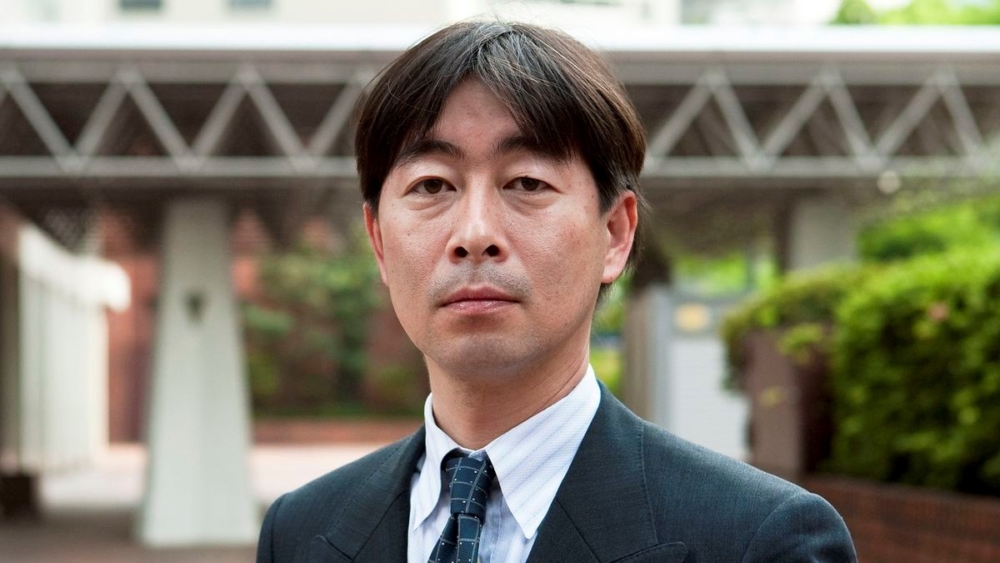 When communicating with each other, the Japanese always add a suffix that shows their relationship to the interlocutor, for example:
When communicating with each other, the Japanese always add a suffix that shows their relationship to the interlocutor, for example:
- "Dignity" is a suffix that indicates respect. So it is customary to turn to strangers;
- “Kun” is a suffix used among the male population in everyday, everyday communication at work, at school, or in another familiar group;
- "Chan" is a suffix that expresses affection and love. It is used mainly when communicating with a second half or a child.
Less commonly used in the modern state are the following suffixes:
- “Sama” is a suffix meaning the highest level of reverence. Such an appeal is possible only to very revered people and idols;
- "Sensei" - a suffix used in communication with his teacher, guru and mentor in any craft;
- “Senpai” - this suffix is used when referring to your friends and senior comrade.
After the Japanese dies, he acquires a completely new name, which is recorded on a special plate made of wood. The Japanese are confident that this tablet keeps the spirit of the departed, and use it when conducting various memorial events.
Female and male Japanese names, their meaning
Parents take a very responsible approach to the question of choosing the name of their lad, since all Japanese names have a special meaning.
Sometimes a name is:
- some natural phenomenon or season of the year (Aki - “autumn” (g); Ameterez - “bright in the sky” (g); Asemi - “morning beauty of the field” (g); Sequera - “cherry blossom” (g); Raiden - “thunder and lightning” (m); Hicker - “light” (m));
- shade of color (Shinju - “pearl” (g), Midori - “green plain” (g));
- personality quality (Suzumu - “progressive” (f); Teruko - “bright child” (f); Herumi - “springtime beauty” (f) Akayo - “smart person” (m); June - “obedient” (m) );
- a plant or animal (Kam - “turtle” (g); Azemi - “thistle flower” (g); Kio - “ginger” (m); Mikayo - “tree trunk man” (m)).
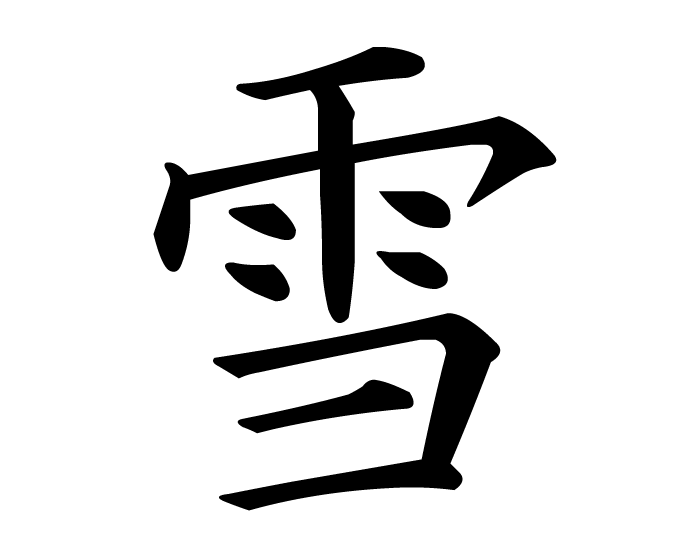 Very common among the Japanese is the tendency to name children in honor of some eminent persons, pop stars, and also anime heroes are very popular.
Very common among the Japanese is the tendency to name children in honor of some eminent persons, pop stars, and also anime heroes are very popular.
Funny
The sound of some Japanese name forms for a Russian person can seem very funny and even cause laughter. In fact, these ridiculous names in Japanese always always mean something noble and beautiful, for example:
| Female Japanese first and last names | Male Japanese first and last names |
|---|---|
| Ay - "love" | Atsushi - "hearty" |
| Akiko - “smart child” | Kayoshi - “quiet” |
| Asuka - “aroma” | Kezuhiro - “the beginning of a new generation” |
| Banco - “The Reader's Child” | Masashi - “luxurious, perfect” |
| Yoshshi - “good” | Noboyuki - “faithful happiness” |
| Momo - “big water (a hundred rivers)” | Takayuki - “noble” |
| Setsuko - “a pacified child” | Tetsuya - Iron |
| Heruko - "springtime child" | Hiroyuki - “boundless happiness” |
Beautiful
Beautiful names and surnames in Japan carry a huge meaning. It is believed that a lot of things in a person’s fate can be “programmed” precisely when choosing an adverb. There are names that simply amaze with the depth of meaning contained in them. Women's names almost always symbolize beauty and tenderness, sensitivity and kindness, love and joy. For example:
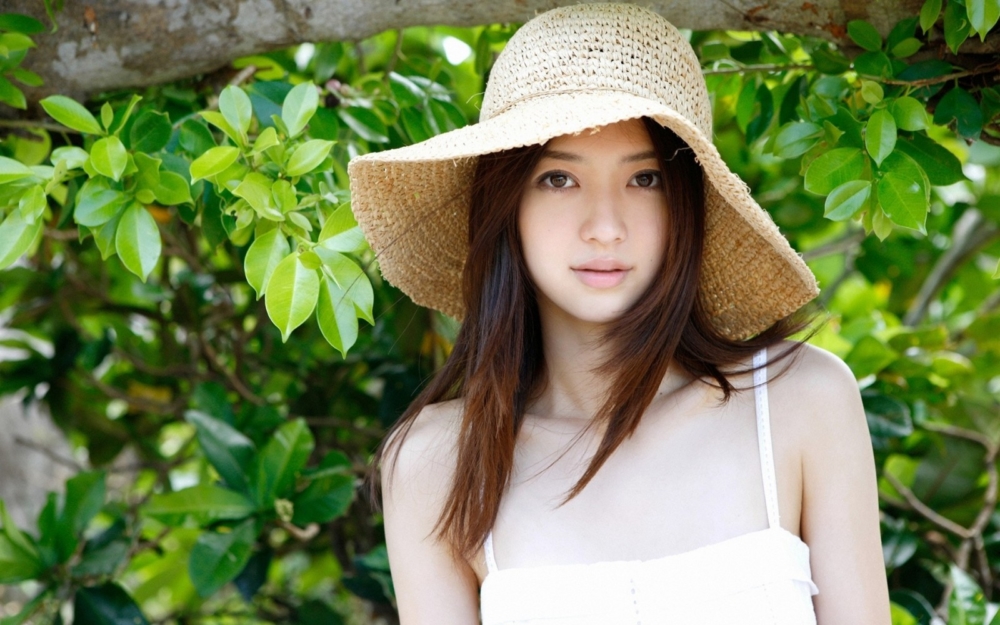
- Amaya - “night rain”;
- Chieko is the “wise child”;
- Yena - “gift of heaven”;
- Hanako - “child of flowers”;
- Ruri - “emerald”;
- Yume - “a dream”;
- Chiy - "eternity."
Masculine names always emphasize masculinity and industriousness, strength, courage and perseverance of their carriers. For example:
- Deysyuk - "great helper";
- Kanji - "intellectual sovereign";
- Keitashi - “firmness, mountain”;
- Ozemu - “ruler”;
- Reeden - "thunder and lightning."
Popular
As in any other direction, in Japan there is a fashion for certain popular names and surnames. Such popular names are massively chosen by parents at birth for several years in a row. Then they are replaced by new names. And this is an ongoing process. Some names become obsolete and rarely used over time. The trend among the Japanese in the modern world is the choice of the following names:

- For girls:
- 1st place - Himari - “a flower facing the sun”;
- 2nd place - Ai - “love”;
- 3rd place - Hana - “favorite or flower”.
- For boys:
- 1st place - Haroto - “sunny and free”;
- 2nd place - Ren - "lotus";
- 3rd place - Yuma - "calm and truthful."
List of surnames for men and women
Surnames in Japan dominate names and concentrate much more meaning than the name form. In everyday life, the first are used when handling. And it is the surname that needs to be written down and pronounced first of all, since this indicates respect for the kind of ancestors.
But it was not always so. Until the middle of the 19th century, the majority of the common population did not have surnames, and only in the second half of the century a decree was issued on the territory of the country, requiring all citizens to invent their own surname without fail. Residents of the country did not invent anything on this subject, and the majority chose the names of the settlements where they lived, the places where they worked, or the area where they kept their households as surnames.
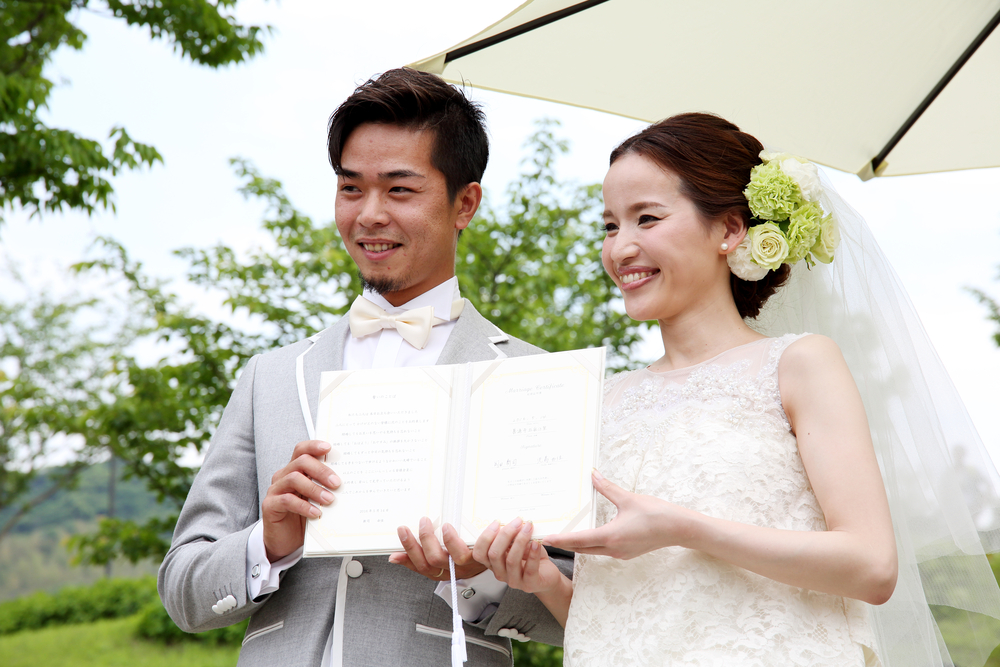 When getting married, the couple should have one last name. It does not matter who (spouse or spouse) changes it. In practice, in 90% of cases, the wife takes the name of the husband.
When getting married, the couple should have one last name. It does not matter who (spouse or spouse) changes it. In practice, in 90% of cases, the wife takes the name of the husband.
Common
The list of Japanese surnames includes over 100,000 items. The most popular among them are the following: Watanabe, Tokahashi, Nokaiura, Tinen, Abe, Koike, Hosegawa.
It is interesting that all of these surnames are more or less common. A lot depends on the prefecture. This is due to large differences in cultural traditions and dialect in Japan. Thus, only one name can understand where this person came from.
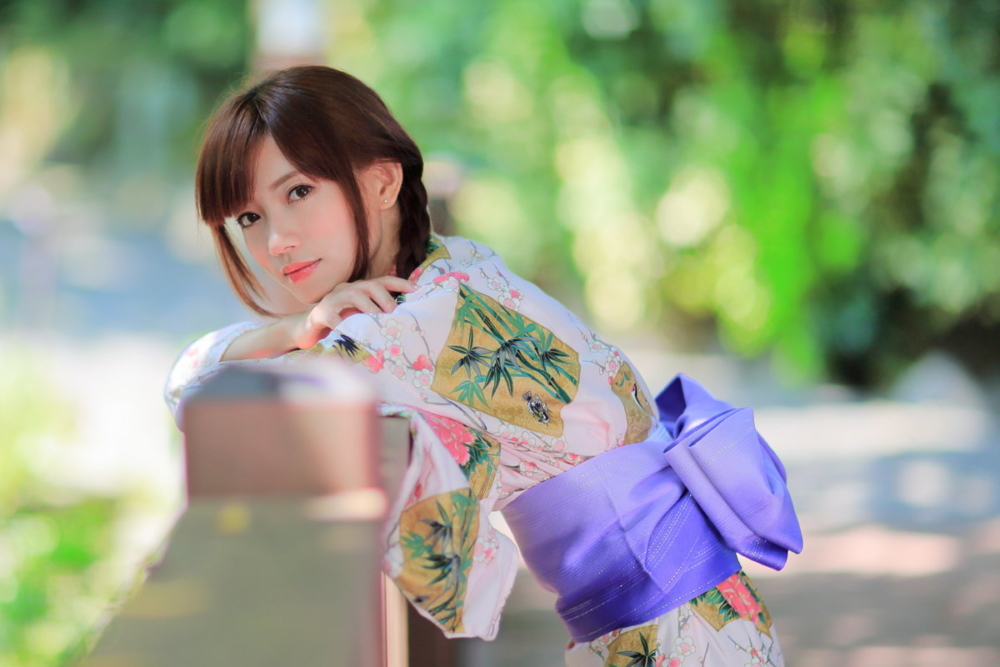 Most surnames include 2 characters, each of which has its own semantic load, for example:
Most surnames include 2 characters, each of which has its own semantic load, for example:
- Matsumoto: matsu and moto - “pine root”;
- Kiyomizu: Kiyei and mizu are “pure water.”
There are about 70% of such “double” surnames. All others consist of one and less often of three characters.
With humor
A number of Japanese surnames are very funny both in sound and in their meaning, for example:
- Baba - translated as “horse plus place”;
- Iida - "rice broth";
- Imai - “now plus a well”;
- Kawaguchi - river plus mouth ”;
- Matsuo - "pine plus tail."
The most beautiful
Not only Japanese names have a deep meaning, many surnames in Japan are also very interesting and beautiful in meaning. For example:

- Ayoki - translated as "young tree or sakura";
- Yoshikawa - the "happy river";
- Kikuchi - “a pond with chrysanthemums”;
- Ohashi - the "big bridge";
- Nogai is the "eternal well."
Interesting Facts
It is known for certain that in ancient Japan such a luxury as a surname could only boast of selected segments of the population, which included the nobility (kuge) and secular feudal lords or samurai (bushi). All other members of society could only have a proper name or an invented nickname (nicknames). Moreover, the surname, even in the upper classes, was exclusively among men, and women lost it. This was due to the fact that they were not subjects of inheritance relations.
All surnames that existed in ancient Japan were divided into 2 classes.
- surnames belonging to representatives of aristocratic society;
- surnames belonging to the samurai.
The first group practically did not change for a very long time: the number remained unchanged.Examples of these distinguished surnames were: Konoe, Takashi, Kuze, Ichise, and Godze. They were given to people respected for that period of time - regents, chancellors, and senior government officials.
 The second group changed almost every 30-50 years. Among these surnames, it is worth noting Genji, Heike, Hojo, Ashikaga, Tokugawa, Matsudaira, Hosokawa, Shimazu, Oda.
The second group changed almost every 30-50 years. Among these surnames, it is worth noting Genji, Heike, Hojo, Ashikaga, Tokugawa, Matsudaira, Hosokawa, Shimazu, Oda.
If we consider the name forms belonging to the upper layers of the population, then they consisted of 2 hieroglyphs of certainly worthy content, emphasizing greatness. And the ordinary population either had the most unpretentious names, or simply was named according to the number principle:
- first, second, third son, etc .;
- first, second, third servant, etc.
The owner could easily change the name of his servant as a punishment for some wrongdoing, or, conversely, to attract the grace of Buddha to the servant in case of illness.
 For women, there were rules. For girls of young age from privileged families at the end of their name they made a record from the suffix "hime", translated from Japanese as "princess". Appeal to married ladies more often occurred by the name of the husband, and their own names were used only in household items.
For women, there were rules. For girls of young age from privileged families at the end of their name they made a record from the suffix "hime", translated from Japanese as "princess". Appeal to married ladies more often occurred by the name of the husband, and their own names were used only in household items.












